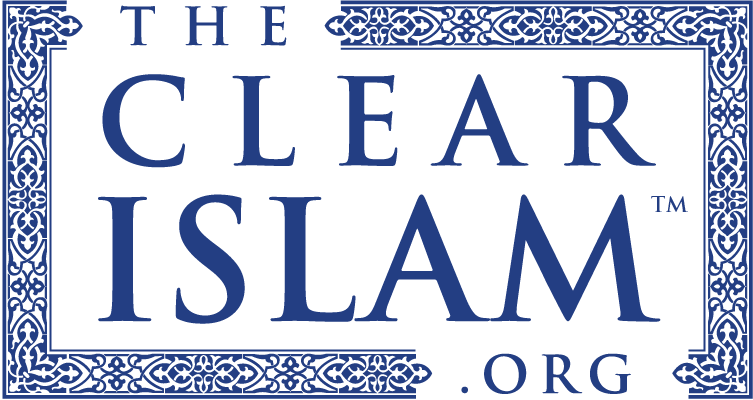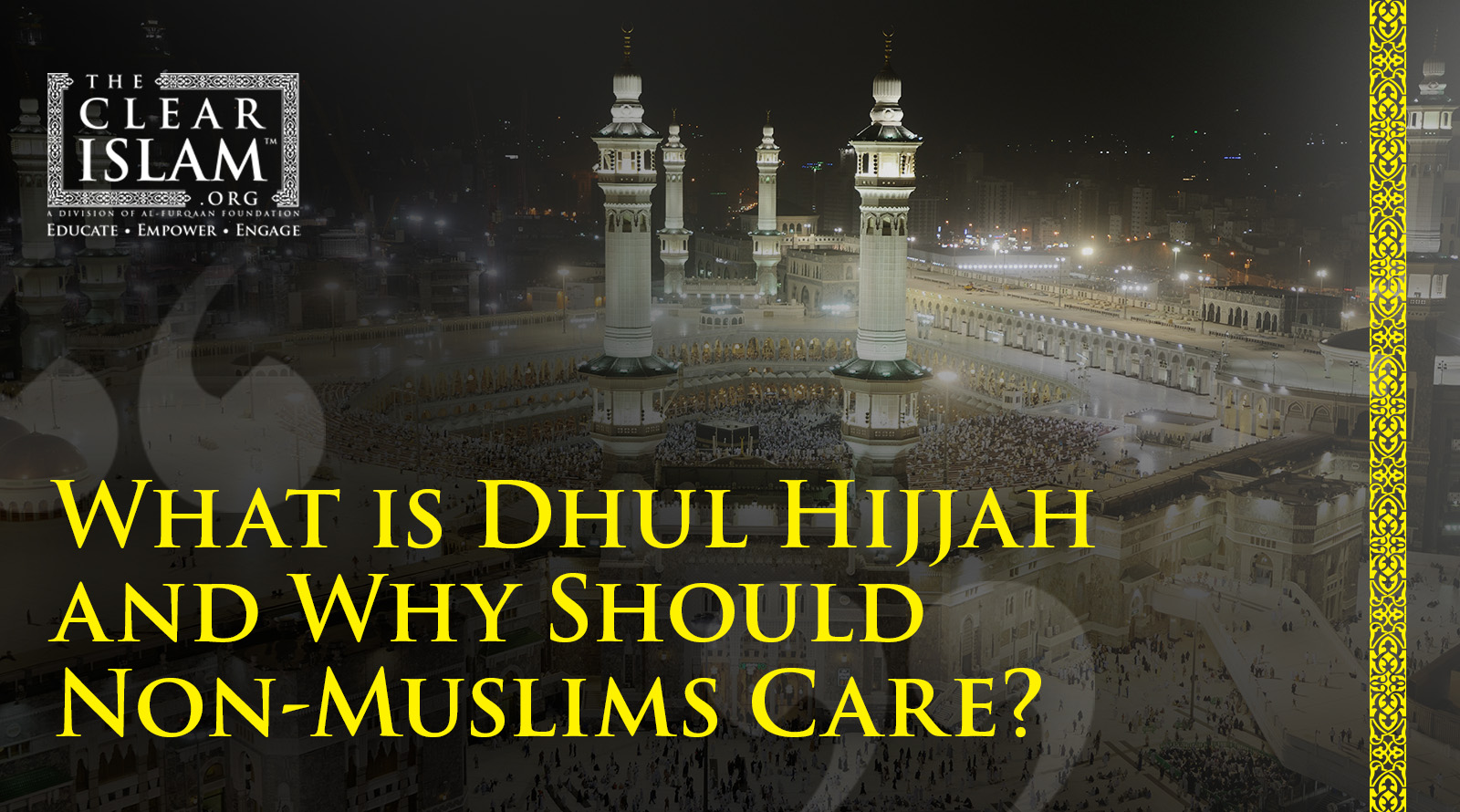Introduction
Dhul Hijjah is the 12th and final month of the Islamic lunar calendar, and it holds immense significance for Muslims around the world. While there are several months throughout the year that are highly important and blessed, such as Rajab, Sha’ban, and Ramadhan, for example, the month of Dhul Hijjah is a time where Muslims engage in various deeply spiritual events and practices that remind believers of the core aspects of the Islamic faith.
One of the most widely known events that takes place in this month and is obligatory on all the Muslims is the Hajj (pilgrimage). This is an annual pilgrimage that unites millions of Muslims as they immerse themselves in worship and devotion towards God. Many non-Muslims also attend this great journey to see firsthand the importance of complete submission to God that is a core tenet for the Islamic faith.
In this article, we provide a comprehensive introduction to Dhul Hijjah, exploring its importance and the key activities that occur during this sacred period.
Historical and Religious Significance
Dhul Hijjah, which means “Month of the Pilgrimage,” is especially significant because it includes the Hajj pilgrimage, one of the Five Pillars of Islam. These pillars are fundamental acts of worship and the foundation of a Muslim’s faith and practice. Hajj is an annual pilgrimage to Mecca, the holiest city in Islam, and is required of all Muslims who are physically and financially able to undertake it at least once in their lifetime.
The importance of this pilgrimage is emphasized by God in the following verse from the Quran: “Call ˹all˺ people to the pilgrimage. They will come to you on foot and on every lean camel from every distant path […] (The Clear Quran®, 22:27).”
This verse highlights the diversity and global unity of Hajj where Muslims from all corners of the world gather in worship and devotion.
The First Ten Days of Dhul Hijjah
The first ten days of Dhul Hijjah are considered among the most blessed days in the Islamic calendar. These days are a time for increased worship, reflection, and good deeds. The Prophet Muhammad (PBUH) highlighted their importance stating in a narration:
“There are no days on which righteous deeds are more beloved to God than these ten days.” (Sahih al-Bukhari 969).
Muslims utilize these days to perform various acts of worship, such as fasting, prayer, and charity, seeking to draw closer to God.
Key Practices During Dhul Hijjah
1. Hajj: The Pilgrimage to Mecca
Hajj takes place from the 8th to the 12th of Dhul Hijjah. This pilgrimage includes several rituals performed over five days, commemorating the trials of Prophet Ibrahim (Abraham), and his family. Pilgrims wear simple white garments called Ihram, symbolizing purity and equality before God.
Key Rituals:
- Tawaf: Circling the Kaaba (the stone building in the center of Mecca that is the holiest site for Muslims) seven times.
- Sa’i: Walking between the hills of Safa and Marwah (two small hills connected to Abu Qubais and Qaiqan mountains)
- Standing at Arafat: Spending the afternoon at the plain of Arafat in prayer and reflection.
- Stoning the Devil: Throwing pebbles at three pillars in Mina, symbolizing the rejection of evil.
These rituals are physically demanding and spiritually uplifting, reflecting the submission to God’s will.
2. The Day of Arafah
The 9th day of Dhul Hijjah, known as the Day of Arafah, is the climax of Hajj. Pilgrims gather on the plain of Arafat, spending the day in intense prayer and supplication. For Muslims not performing Hajj, fasting on this day is highly recommended as it is believed to expiate the sins of the previous year and the coming year.
The importance of the Day of Arafah is highlighted in the Quran when God says, “There is no blame on you for seeking the bounty of your Lord ˹during this journey.˺ When you return from ’Arafât, praise God near the sacred place and praise Him for having guided you, for surely before this ˹guidance˺ you were astray (The Clear Quran®, 2:198).”
3. Eid al-Adha: The Festival of Sacrifice
Following the Day of Arafah, Muslims celebrate Eid al-Adha, also known as the Festival of Sacrifice. This festival commemorates Prophet Abraham’s willingness to sacrifice his son Ishmael in obedience to God’s command. Muslims around the world perform the act of Qurbani, the slaughter of an animal, usually a sheep, goat, cow, or camel.1
The Quran explains this story in verses 102-107 of the 37th chapter in The Clear Quran®:
“Then when the boy reached the age to work with him, Abraham said, ‘O my dear son! I have seen in a dream that I ˹must˺ sacrifice you. So tell me what you think.’ He replied, ‘O my dear father! Do as you are commanded. God willing, you will find me steadfast.’ Then when they submitted ˹to God’s Will˺, and Abraham laid him on the side of his forehead ˹for sacrifice˺, We called out to him, ‘O Abraham! You have already fulfilled the vision.’ Indeed, this is how We reward the good-doers. That was truly a revealing test. And We ransomed his son with a great sacrifice […].”
Social and Spiritual Benefits of Dhul Hijjah
Strengthening Faith and Community
Dhul Hijjah provides Muslims with numerous opportunities to strengthen their faith and sense of community. The shared experiences of fasting, prayer, and charitable acts during the first ten days foster a spirit of unity and collective worship.
Acts of Charity and Generosity
The practice of Qurbani during Eid al-Adha emphasizes the importance of charity and generosity. The meat from the sacrificed animal is distributed among family, friends, and those in need, ensuring that everyone can partake in the festive celebrations.
Reflection and Repentance
The rituals of Dhul Hijjah encourage Muslims to reflect on their lives, seek forgiveness for their sins, and make positive changes. The Day of Arafah, in particular, is a time for intense supplication and seeking God’s mercy.
Conclusion
Dhul Hijjah is a month rich with religious significance, offering Muslims numerous opportunities for spiritual growth, community engagement, and acts of worship. Understanding the key practices and the profound meanings behind them can provide non-Muslims with a deeper appreciation of Islamic traditions and the values that guide Muslim life. Whether through the pilgrimage of Hajj, the blessed first ten days, or the celebration of Eid al-Adha, Dhul Hijjah exemplifies the core principles of faith, sacrifice, and unity that are central to Islam.
Suggested Reads:
- The Ultimate Question: Who is God?
- Why is the Quran the “Miracle” of God?
- Are Prophets in Islam Relevant to Non-Muslims? What Can We Learn From Them?
- During Eid al-Adha, after performing the act of Qubrani, the meat from the sacrificed animal is traditionally divided into three parts: One-third is kept by the family for their own consumption, another third is given to relatives, friends, and neighbors, and the final third is distributed to those in need, particularly the poor and the hungry. This distribution reflects the spirit of charity and community in Islam, ensuring that everyone shares in the blessings of the festival. ↩︎


